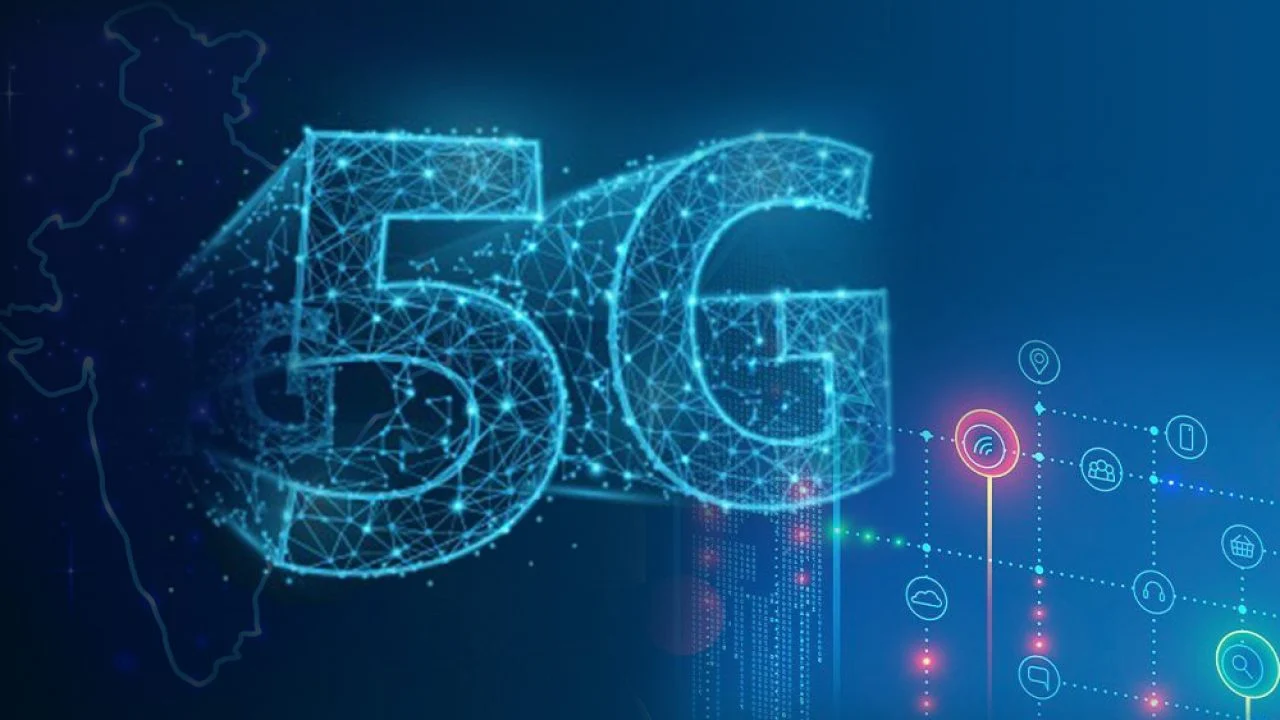The Competition Commission of Pakistan (CCP) is responsible for fair competitive practices in the market. Currently, it is overseeing the PTCL’s acquisition of Telenor to see whether it will be fair or create a duopoly. However, there is a delay in the CCP’s decision which could significantly affect the government’s timeline for launching 5G services. The government had planned the 5G spectrum auction by April 2025, but uncertainty over Telenor’s status may disrupt this schedule.
The National Economic Research Associates (NERA), a U.S.-based consultancy firm hired by the government for the spectrum auction, has expressed concerns about these delays. NERA has recommended that the number of cellular mobile operators (CMOs), considering the proposed PTCL acquisition of Telenor, should be decided promptly.
Prime Spectrum Band Under Litigation
NERA has also highlighted issues related to the availability of the 2.6 GHz frequency band, which is considered the most attractive spectrum for telcos. This is because the band supports both 4G LTE and 5G services. However, out of the total 194 MHz in the 2.6 GHz band, 140 MHz remains under litigation. This issue was discussed in the last meeting of the Advisory Committee for the Release of IMT Spectrum, chaired by Federal Minister for Finance and Revenue, Senator Muhammad Aurangzeb.
Experts consider the 2.6 GHz band essential for launching 5G services. However, the government’s inability to resolve the litigation over 140 MHz limits the available spectrum to just 54 MHz. According to technical experts, this is insufficient for even one cellular operator.
Consultancy Services and Timeline Challenges
The Pakistan Telecommunication Authority (PTA) signed a contract with NERA on November 5, 2024, to provide consultancy services for the spectrum auction. According to the terms of reference, NERA is expected to submit its recommendations to the auction advisory committee within 60 working days.
However, in the absence of a CCP decision regarding the PTCL acquisition of Telenor and the unresolved 2.6 GHz litigation, NERA’s ability to offer concrete recommendations to the government remains elusive. The completion of the acquisition process requires approvals from the PTA, SECP, and the State Bank of Pakistan (SBP). This could take an additional 1–2 months after the CCP’s decision.
Auction Approval Process
Once NERA submits its recommendations, the Advisory Committee will forward them to the Economic Coordination Committee (ECC) of the Cabinet for final approval. The Cabinet must finalize the reserve price, number of bands, and auction timeline.
Afterward, the PTA will publish an Information Memorandum (IM), detailing the auction process. Operators typically need 45–60 days to review the IM, make investment decisions, and prepare for the auction. Following the auction, spectrum allocation and payments could take another 30 days, based on previous auctions.
This timeline assumes no legal objections or court interventions. Any delays could significantly disrupt the process, making it challenging to meet the April 2025 deadline for the spectrum auction.
High Demand for Spectrum
Previous governments had aimed to auction the 5G spectrum by March 2023, with initial rollouts in major cities. However, political and economic challenges delayed these plans.
Today, the demand for mobile broadband has surged, leading to extreme congestion on cellular networks. Operators and consumers alike are desperate for more spectrum to improve service quality. Therefore, additional spectrum is vital as it could enhance existing 4G LTE networks and support a gradual 5G rollout, starting with major cities.
Broader Impact of Delays
The delay in resolving litigation over the 2.6 GHz band and the pending CCP’s decision could have far-reaching implications. The limited availability of spectrum in prime bands hampers the government’s ability to generate revenue from the auction. It also restricts operators from expanding their networks to meet growing consumer demand.
Additionally, the slow pace of regulatory decisions could impact the overall readiness of the telecom industry to adopt 5G. The current penetration of 5G-compatible handsets in Pakistan is less than 1%, highlighting the need for a comprehensive ecosystem to support 5G adoption.
Our Take
The government must act urgently to address these challenges. Resolving the litigation over the 2.6 GHz band should be a top priority to ensure the availability of sufficient spectrum for the auction. At the same time, the CCP should expedite its decision on the PTCL’s acquisition of Telenor to provide clarity for the telecom sector.
Further delays in these critical decisions could undermine the country’s 5G ambitions, depriving consumers and businesses of high-quality broadband services. Therefore, swift regulatory interventions are essential to unlock the full potential of 5G and drive Pakistan’s digital transformation.

